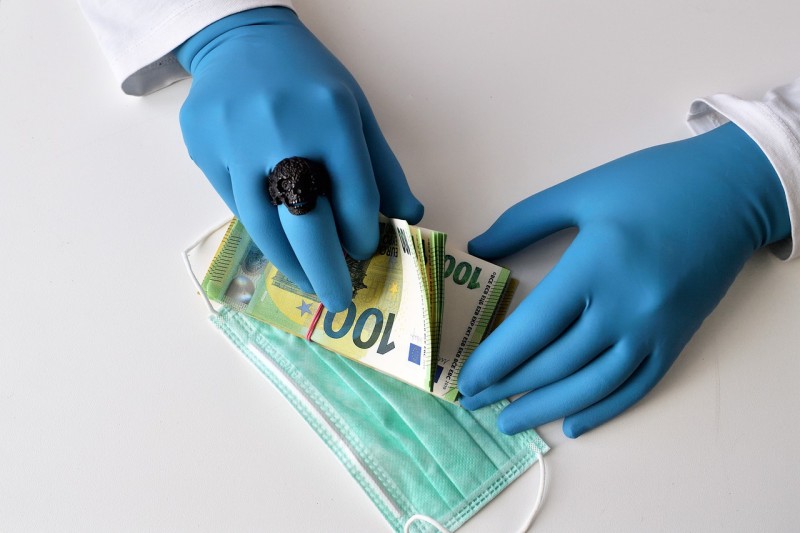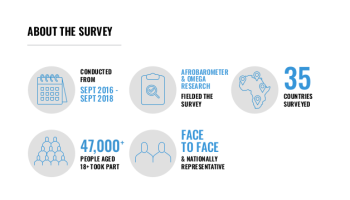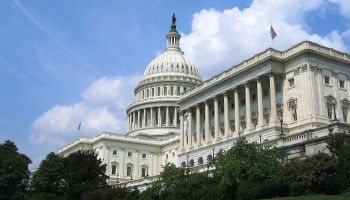"COVID-19 is not just a health and economic crisis. It’s a corruption crisis. And one that we’re currently failing to manage," said Delia Ferreira Rubio, Chair of Transparency International.
The index ranks 180 countries by their perceived levels of public sector corruption, highlights that half of all countries have failed to tackle corruption effectively and places South Sudan, Somalia, Syria, Yemen, and Venezuela among the worst performers.
Corruption appears to be more pervasive in countries least equipped to handle the virus, potentially intensifying the pandemic's effects in the long-term, according to the report.
From bribery, access to COVID-19 tests and treatment to overpricing and deficient emergency preparedness, the international corruption watchdog warns of fund diversion from much-needed investment which often leaves communities without doctors, medicines and functioning hospitals.
The global health emergency has also served as an excuse to implement anti-democratic responses to the crisis, it said.
Some political leaders have relied on the pandemic to increase their power, impose more restrictions on already limited access to information, eliminate transparency requirements from public procurement and avoid public accountability mechanisms.
Additionally, the organization says corruption is one of the key barriers to achieving the United Nations' Sustainable Development Goals, and the pandemic was making those goals even more difficult to attain.
Like in previous years, more than two-thirds of countries score below 50 on the latest CPI report, with an average score of just 43. New Zealand, Singapore and the Nordic countries featured one more time as top performers, while Western Europe and the EU was the highest-scoring region.
On the contrary, Sub-Saharan Africa registered the lowest regional score again. However, the pandemic highlighted structural gaps in the region’s health care systems, corruption risks associated with public procurement and the misappropriation of emergency funds.
Despite recognizing that budget transparency enforcement is challenging during a crisis, Transparency International urged countries to implement robust and transparent procedures for budget allocations.
The organization also recommended strengthening oversight institutions, ensuring open and transparent contracting, guaranteeing access to relevant information and promoting civic space to fight COVID-19 and curb graft.






